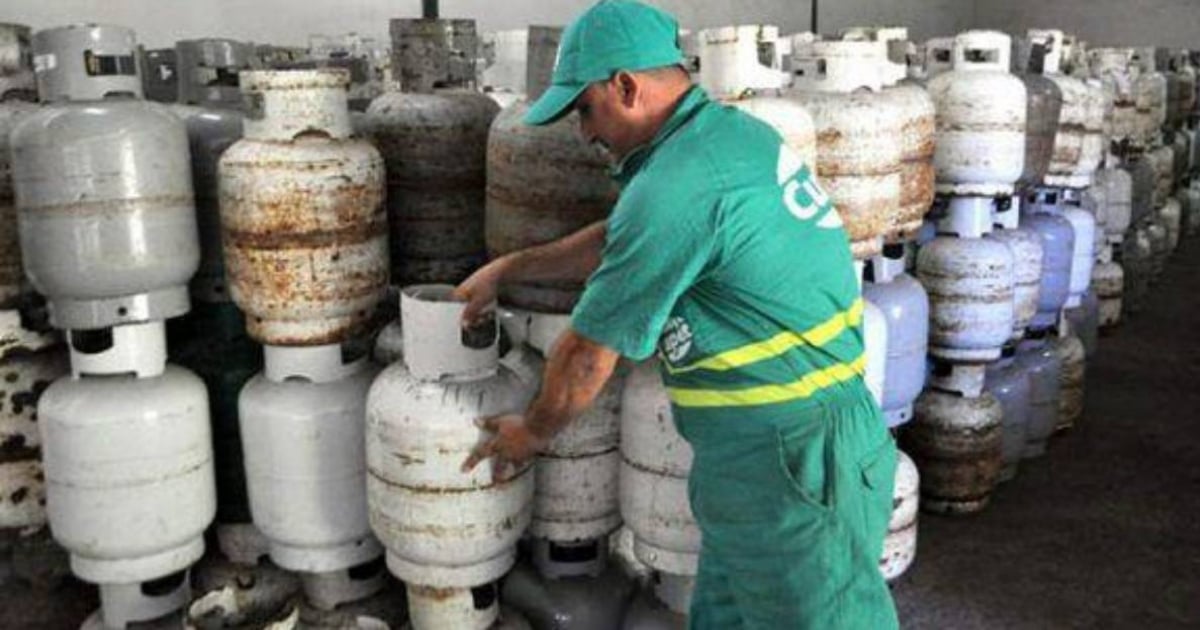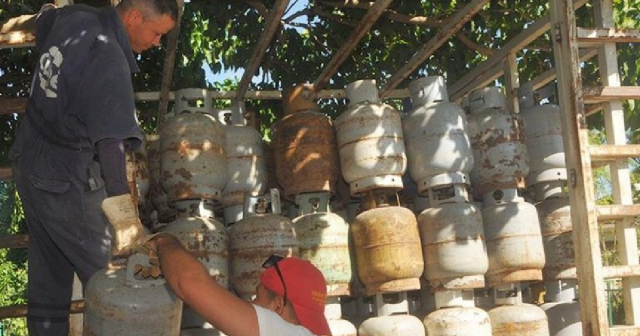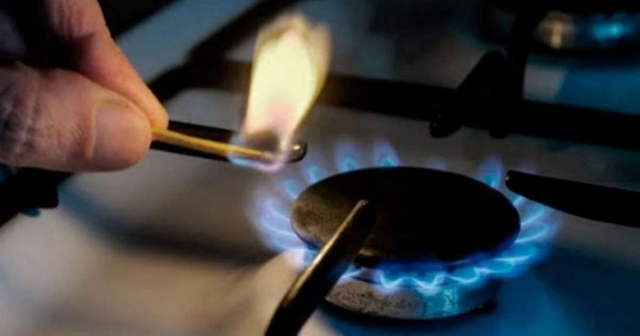
After a partial discharge from a liquefied gas cargo ship, the Cuban government announced that it will make the fuel available to try to alleviate the tense situation in the country.
The unloading takes place "after several weeks of having the ship in our port loaded with liquefied gas," said Energy and Mines Minister Vicente de la O Levy in a message posted on X.
The Cuban government official stated that it was possible “based on the payments that have been made,” so “the supplier agrees to make a partial delivery,” which suggests that the solution is temporary.
De La O Levy also reported that the sale of this fuel will begin in the next few hours.
The distribution and sale of liquefied gas – a highly demanded product in Cuban households with gas stoves – was paralyzed. With the continuous disruptions that Cubans suffer due to blackouts, gas becomes a fundamental element for cooking food. Even so, there are many Cuban households without electric stoves that have had to resort to wood or charcoal stoves.
At the end of May, authorities in Santiago de Cuba announced the sale of coal to the population "as an alternative to the energy deficit and the fuel situation" in the country.
In many cities, the business of charcoal stoves has resurfaced to facilitate cooking food.
Facebook groups in Las Tunas have been spaces for posts selling these stoves, which were used during the so-called Special Period in the last decade of the last century.
Some can cost 2,500 pesos, more than the minimum wage, according to the ads for buying and selling in Las Tunas.
The burners are also sold for "up to 1200 pesos in Camagüey," indicate several posts on the social network.
This is not the first time this year that the Cuban government relies on payments that need to be made to the ships arriving at the island's ports, while the population suffers from widespread shortages.
In June, the Cuban Oil Union (CUPET) announced to its customers the resumption of rationed sales of liquefied gas thanks to the arrival of a shipment of this fuel at the ports of Santiago de Cuba and Havana.
At the beginning of 2024, the Cuban regime increased the price of liquefied gas by 20 percent. Customers who previously paid 180 CUP for the cylinder began to pay 225 Cuban pesos for 20 pounds of liquefied gas starting March 1.
What do you think?
COMMENTFiled under:






